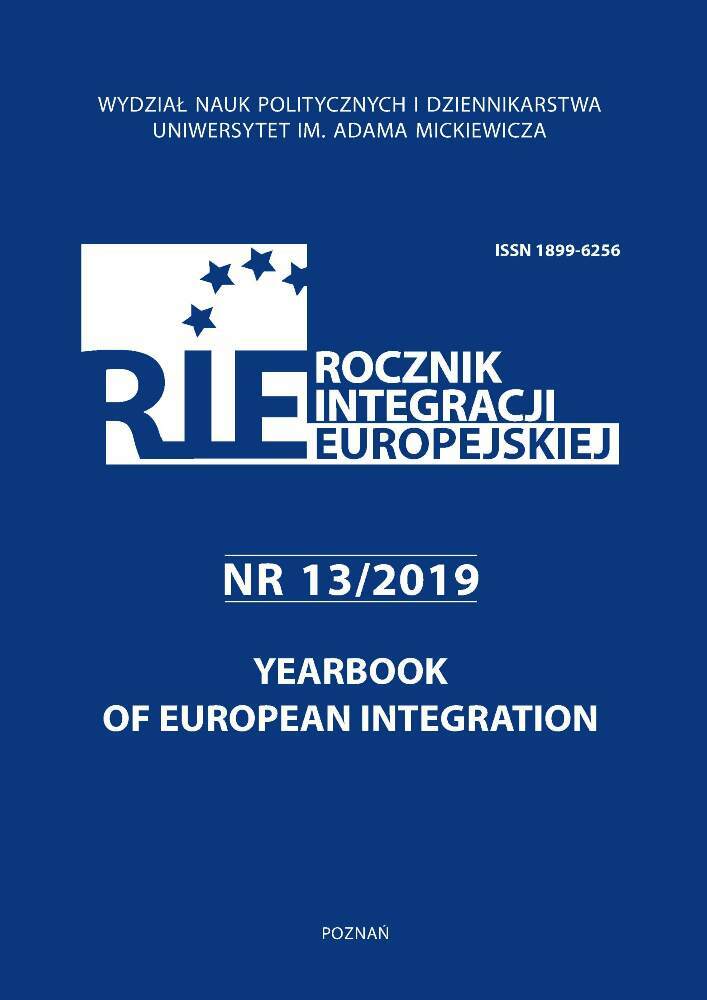No. 13 (2019)
Published 2020 February 5
ESSAYS AND PAPERS
7-29
31-42
43-59
61-72
73-84
93-113
115-128
129-142
143-152
153-158
159-174
175-188
189-202
203-227
229-241
243-256
257-265
267-281
283-293
295-309
311-325
327-334
335-347
ASSESSMENTS AND DISCUSSIONS
361-362
363-365
366-367
